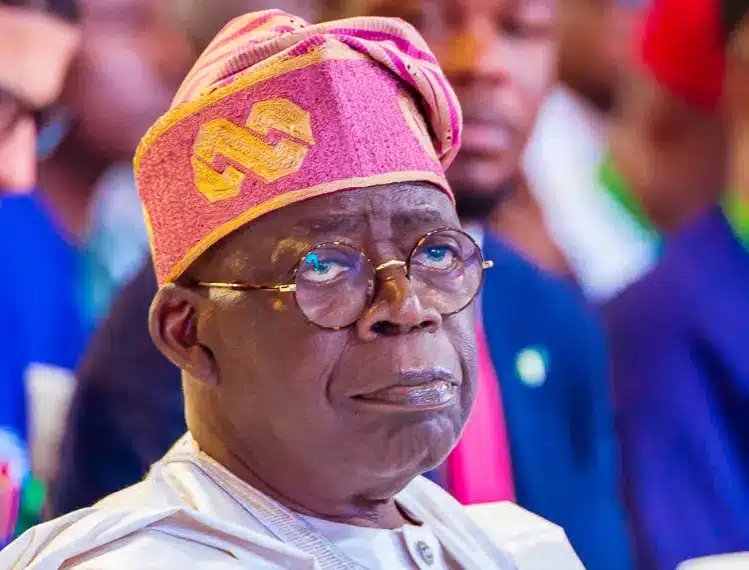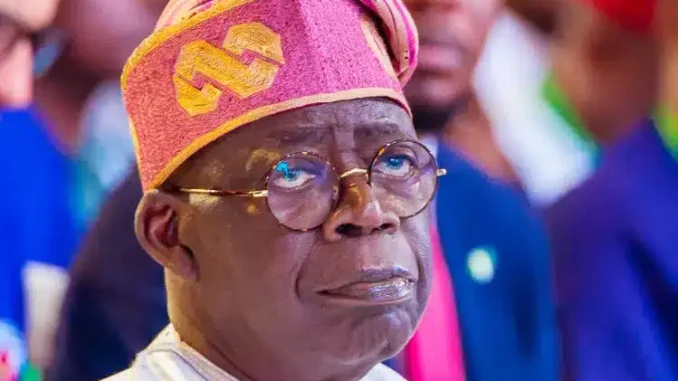

The Socio-Economic Rights and Accountability Project (SERAP) has called on President Bola Tinubu to instruct the Attorney General of the Federation and Minister of Justice, Lateef Fagbemi, along with relevant anti-corruption agencies, to investigate allegations of missing, diverted, or stolen public funds totaling over N26 billion from the Petroleum Technology Development Fund (PTDF) and the Federal Ministry of Petroleum Resources in 2021.
Naija News reports that these allegations stem from findings documented in the 2021 audited report, released on November 13, 2024, by the Office of the Auditor-General of the Federation.
SERAP emphasized the need for accountability, stating, “Anyone suspected to be responsible should face prosecution as appropriate, if there is sufficient admissible evidence, and any missing public funds should be fully recovered and remitted to the treasury.”
The organization urged that any recovered funds be allocated toward addressing Nigeria’s budget deficit and reducing its mounting debt crisis.
In a letter dated February 1, 2025, and signed by SERAP’s deputy director, Kolawole Oluwadare, the group underscored the public’s interest in ensuring justice and transparency.
“Tackling corruption in the oil sector would go a long way in addressing the budget deficit and debt problems,” the letter stated.
According to SERAP, the allegations represent a serious breach of public trust, violating the Nigerian Constitution, the country’s anti-corruption laws, and international commitments.
The letter continued: “Poor Nigerians have continued to pay the price for the widespread and grand corruption in the oil sector.”
SERAP further lamented that despite Nigeria’s oil wealth, ordinary citizens have benefited little due to systemic corruption and a culture of impunity.
The 2021 annual audit by the Auditor-General highlighted multiple financial irregularities:
Petroleum Technology Development Fund (PTDF) reportedly paid over N25 billion for contracts without supporting documentation, raising concerns about possible diversion.
PTDF allegedly failed to account for N326 million deposited in two banks, which the Auditor-General suspects may be missing.
A sum of N107 million meant for a library automation system at the Petroleum Training Institute (PTI) was reportedly unaccounted for, with the contract awarded without approval from the National Information Technology Development Agency (NITDA).
PTDF paid N46 million to three companies for services without proof of execution, with one contractor allegedly paid for work before being officially engaged.
The fund reportedly did not remit N60 million in stamp duty from capital expenditure contracts awarded in 2019 and 2020.
Another N64 million was allegedly paid for store items that were never supplied.
PTDF also disbursed N41 million for services not rendered or goods not delivered.
Federal Ministry of Petroleum Resources allegedly spent N137 million from the capital vote on recurrent expenditures without approval from the National Assembly or the Minister of Finance.
The ministry was unable to account for N232 million paid to seven companies for consultancy services related to stakeholder engagement in the Niger Delta. The report noted that the purpose of the engagement, the companies involved, and the venue remained unclear.
It also failed to remit N25 million in taxes collected from payments made to contractors.
The ministry reportedly spent N43 million on irregular payments for ceiling repairs and N74 million in unretired cash advances granted to officers between March and December 2021.
SERAP urged the government to act within seven days, warning that failure to do so would prompt legal action to ensure compliance.
The organization reiterated that Nigeria’s wealth should serve the public interest and that strong legal measures should be taken to prevent future financial mismanagement. It cited constitutional provisions, including Section 15(5), which mandates the government to abolish corrupt practices, and Section 16, which requires national resources to be utilized for the common good.
SERAP also referenced international obligations under the UN Convention against Corruption and the African Union Convention on Preventing and Combating Corruption, which compel Nigeria to effectively investigate and prosecute grand corruption.
It concluded by stressing that Article 26 of the UN Convention mandates “effective, proportionate and dissuasive sanctions” for corruption cases, while Article 30 emphasizes the need for penalties that reflect the gravity of such offenses.
.png)








 English (US)
English (US)